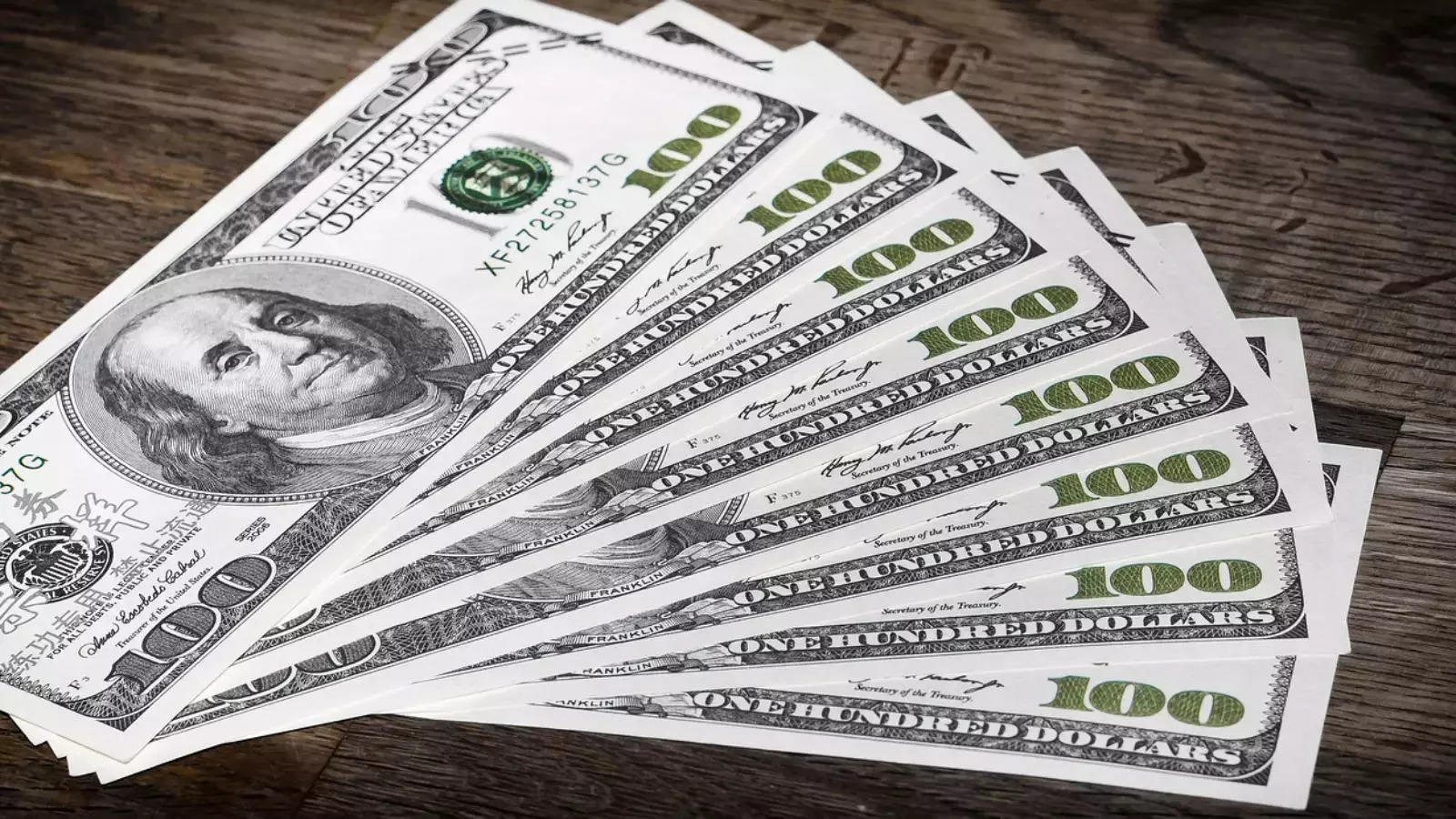The euro rose 0.1% to $1.0718 on Monday, bouncing off a six-week low of $1.066775 touched last week after news of an early parliamentary election in France.
European markets are under pressure after President Emmanuel Macron called for early elections following the defeat of his ruling centrist party by Marine Le Pen’s eurosceptic National Rally in European Parliament elections.
Investors are weighing the risk of a budget crisis at the heart of the euro zone, as right-wing and left-wing parties gain momentum ahead of France’s snap parliamentary election, increasing pressure on Macron’s centrist administration.
Le Pen sought to allay these fears over the weekend, saying in an interview with Le Figaro that she would not ask for Macron’s resignation and that she “respects the institutions.”
Even after a massive sell-off in French financial markets last weekend, European Central Bank policymakers have no plans to discuss emergency purchases of French bonds, five sources told Reuters.
“French markets have started to stabilise a bit over the past week, and the euro has also gained a bit,” said Helen Given, FX trader at Monex USA in Washington.
However, he said the trend remains in favor of the dollar.
“If US retail sales are lower than expected tomorrow, as most US data have been over the last few sessions, we could see a more significant move, but at the moment the underlying dynamics for this pair are largely driven by geopolitics,” he added.
US import prices fell for the first time in five months in May. The softening of inflation data, coupled with an unexpectedly benign Labor Department report on Friday and other recent data, has helped keep the prospect of the Federal Reserve cutting interest rates in September alive.
The dollar index, which gauges the US currency against a basket of six other currencies, was nearly steady at 105.52, its highest level since May 2.
The Fed published updated projections last week that showed the median forecast of all 19 U.S. central bankers was for one interest rate cut this year.
Minneapolis Federal Reserve President Neel Kashkari said on Sunday it is a “reasonable assumption” that the US central bank will cut interest rates once this year and will wait until December to do so.
The pound fell 0.13% to $1.26715 on Monday, inching closer to a 1-month low of $1.26575 touched in the previous session, as traders await the Bank of England’s policy meeting this week.
Inflation pressures in Britain are still too high for the Bank of England to cut interest rates at its June 20 meeting, and most economists polled by Reuters expect the first cut will not come before August 1.
Meanwhile, the yen fell to a 34-year low against the dollar on Friday after the Bank of Japan cut the volume of bond purchases. The dollar was last up 0.3% at 157.895 yen.
Traders are watching for signs that Japanese authorities could intervene to support the yen.
“The dollar has all the fundamentals in its favor at the moment, and while some volatility remains, the general trajectory has been more stable than in March and April,” Monex’s Given said.
“I expect the rhetoric from currency officials to heat up around 160, but as things stand, it will take a long time for Bank of Japan officials to raise the money for another intervention — at some point, it may not be worth it anymore,” he said.
(You can now subscribe to our ETMarkets WhatsApp channel)








